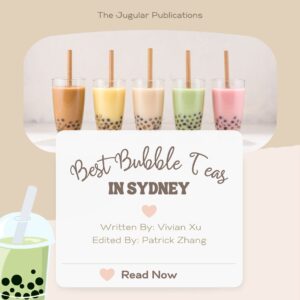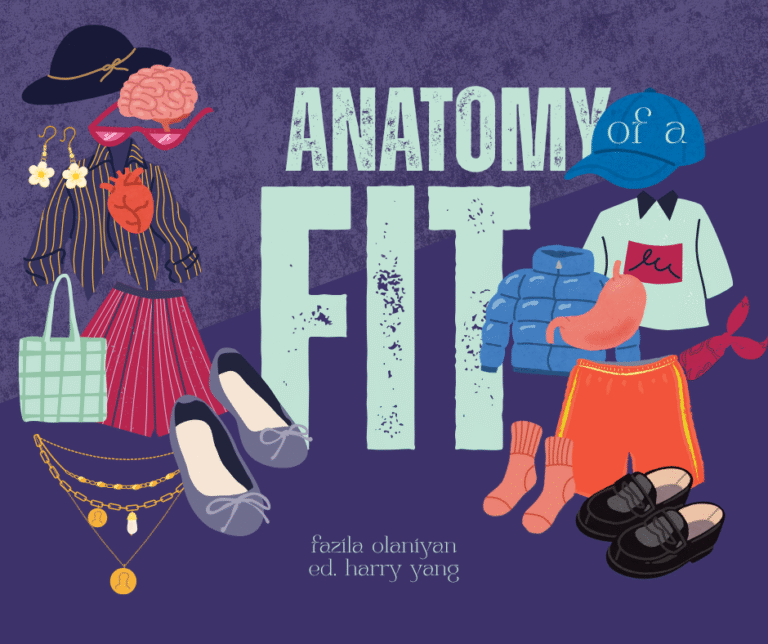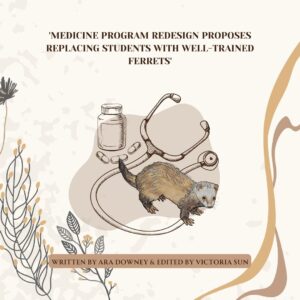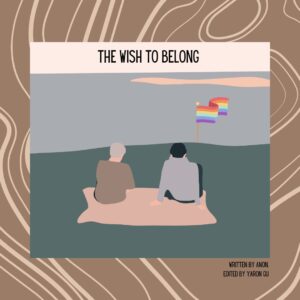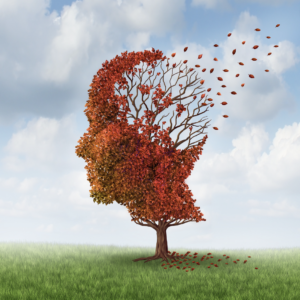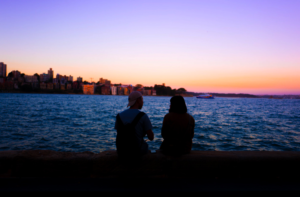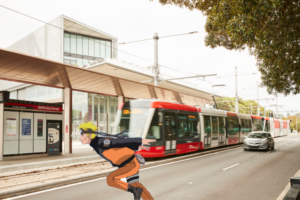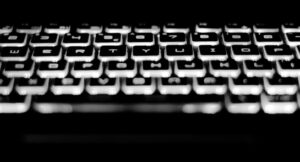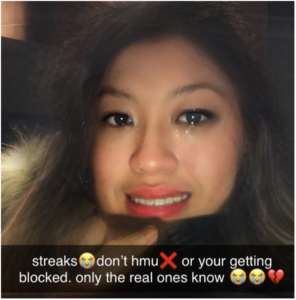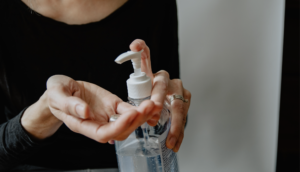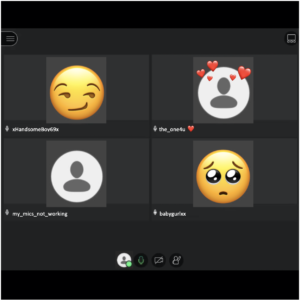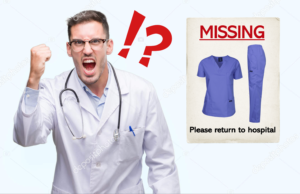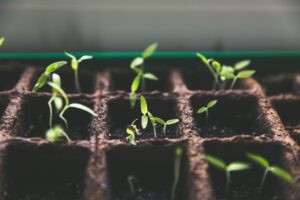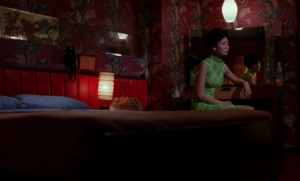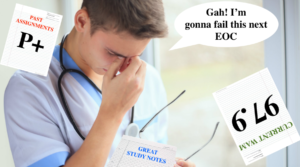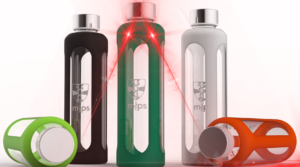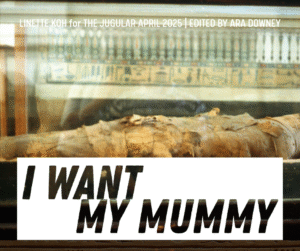
by MAX QUINN
Getting into medicine wasn’t guaranteed for me, like most other students out there. My marks were borderline good enough in Year 12, however I wasn’t sure whether the tough career of being a doctor was for me. I much rather preferred maths, physics and chemistry over biology, and I wasn’t the most talkative person. Towards the end of Year 12, I was seriously considering becoming a chemical engineer or a data scientist, and as a result, my UMAT scores took a hit.
However, as the year moved on and I completed my final exams of Year 12, I began to warm to the idea of medicine. I partly attribute this to the volunteering I did as part of my Duke of Edinburgh program. It made me realise I didn’t want a career that’s sole purpose was making a profit. With no disrespect to the people working in those careers, I suddenly found the prospect of working as a data scientist in a big corporation extremely depressing. It just wasn’t for me. I began to look elsewhere: I researched options in teaching and science, while daring to hope for a spot in medicine.
After my Year 12 exams finished, I had a stroke of luck: I was given an interview for UNSW. At this point, I knew this was something special and I was determined not to waste it, however, I still wasn’t sure what it was inside of me that made me want to go down this path.
With more time on my hands, and at a recommendation from a family friend, I decided to read ‘When Breath Becomes Air’ by Paul Kalanithi. The autobiography thoroughly dissected what it meant to be a medical student, doctor and patient, and why a profession in health is so unique and special. It didn’t sugar coat the on-call rotations, or the 8 hour operations which extended into the early hours of the morning, nor did it hide the extreme struggles of balancing a family life with medicine.
Just as I was beginning to fear the prospect of becoming a doctor, there was a passage in the book, which I’ll remember for the rest of my life, that struck a chord deep within me. Paul, as a 3rd year medical student, assists in his first natural delivery during his O&G rotation. When he informed the waiting family that the mother and baby were alive and well, he found himself in the middle of an exuberant celebration of human life and purpose. He ‘was a prophet returning from the mountaintop with the news of a joyous new covenant!’
Suddenly, it all hit me. Despite the long shifts and the heartbreaking conversations with patients, there are not many other professions in the world that allow you to help people in a way which is not superficial or meaningless. As a doctor, I would be able to witness patients growing healthier first hand, and be able to form meaningful, face to face connections. No one takes their health lightly, and to have a patient’s trust in something which is central to their existence, I knew was extraordinarily special. It became clear to me I didn’t want a life where I’d be left wondering what that could’ve been like.
So, with the interview drawing near, I wrote all these thoughts down and properly pondered them over. By the time I was walking through the sliding doors of the Wallace Wurth building for my first time, mulling over the passage from ‘When Breath Becomes Air’, I knew that there was no other option for me – I’d have to end up in medicine one way or another. Perhaps this was quite a dangerous thought to have, and it may have placed even more pressure on me to do well in my interview, but truth be told, all I felt was calm. I shook the hands of my interviewers, and when they asked me ‘why do you want to become a doctor’, I could finally unleash all my new realisations this autobiography gifted me. Unfortunately, I told my interviewer, who I later realised to be the UNSW Professor of Dermatology, that I could never see myself specialising as a dermatologist because of my previous experience in a derm clinic only involving picking up a prescription and never returning. But despite this, I knew that everything I said in the thirty minutes they allocated was fully supported by my ideals, wishes and goals.
In January, when my final results came out, I was whole-heartedly expecting and preparing to re-sit the UMAT and try again next year. I made peace with the fact that I had the drive needed to get into medicine, and this year I could spend more time studying for the UMAT compared to 2017.
So when I found out that I’d been accepted into UNSW medicine on the 12th of January, I was completely dumbfounded and in shock. After the tears of joy with my family, a deep sense of gratitude fell over me, and it still hasn’t left me today. Whenever I find myself feeling down, or stressed out about assignments or exams, I think back to what the stories of Paul Kalanithi mean to me, and I feel a calming sense of belonging to this exclusively intimate and almost sacred career.


